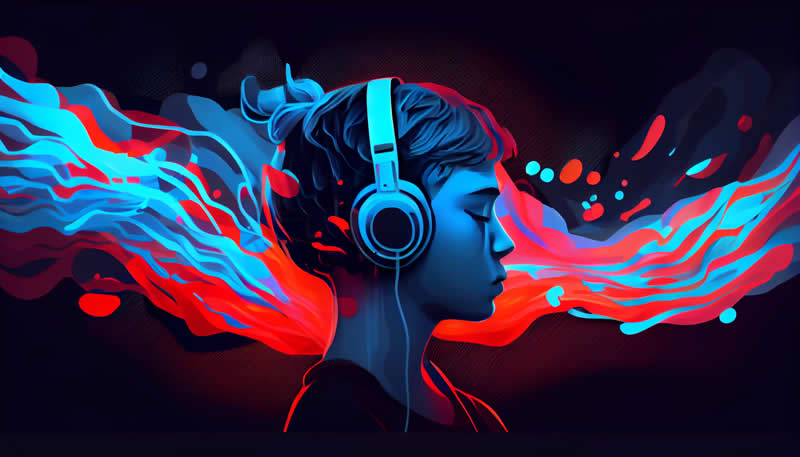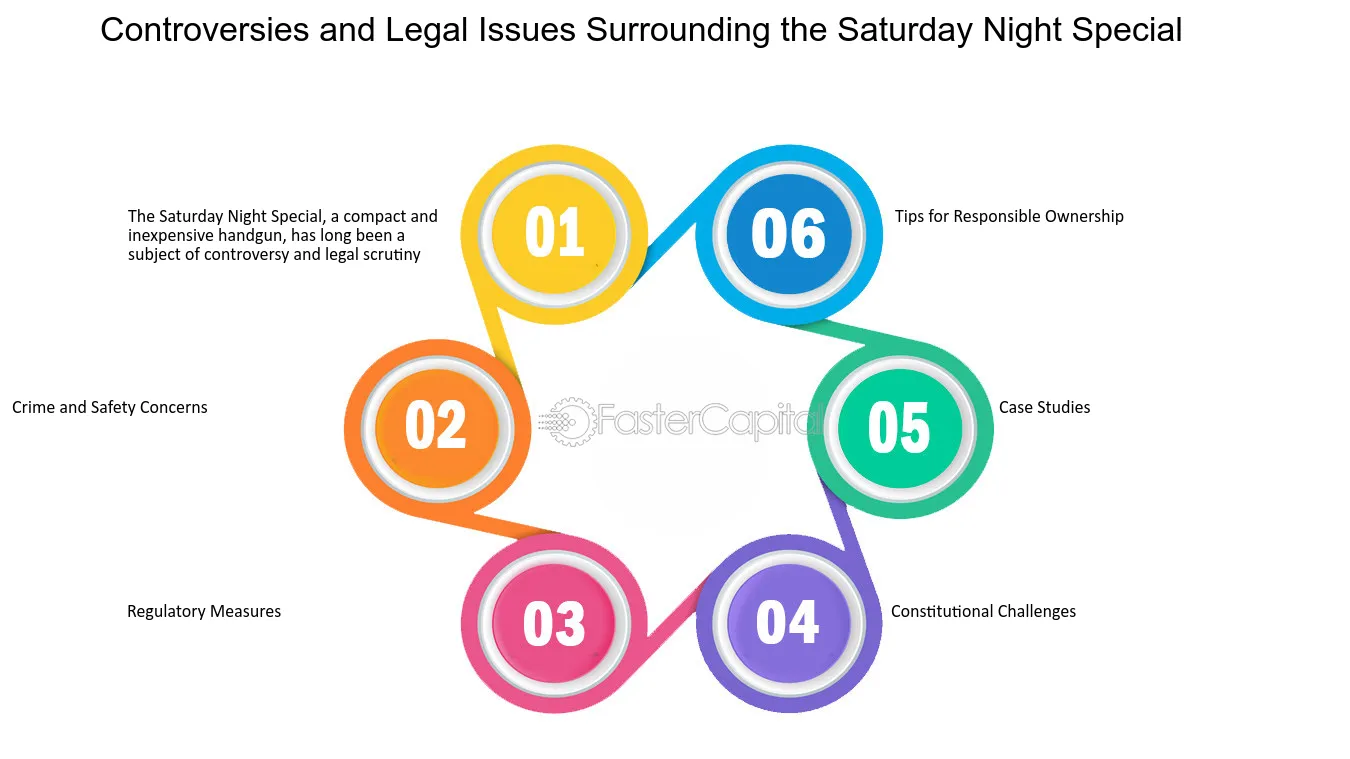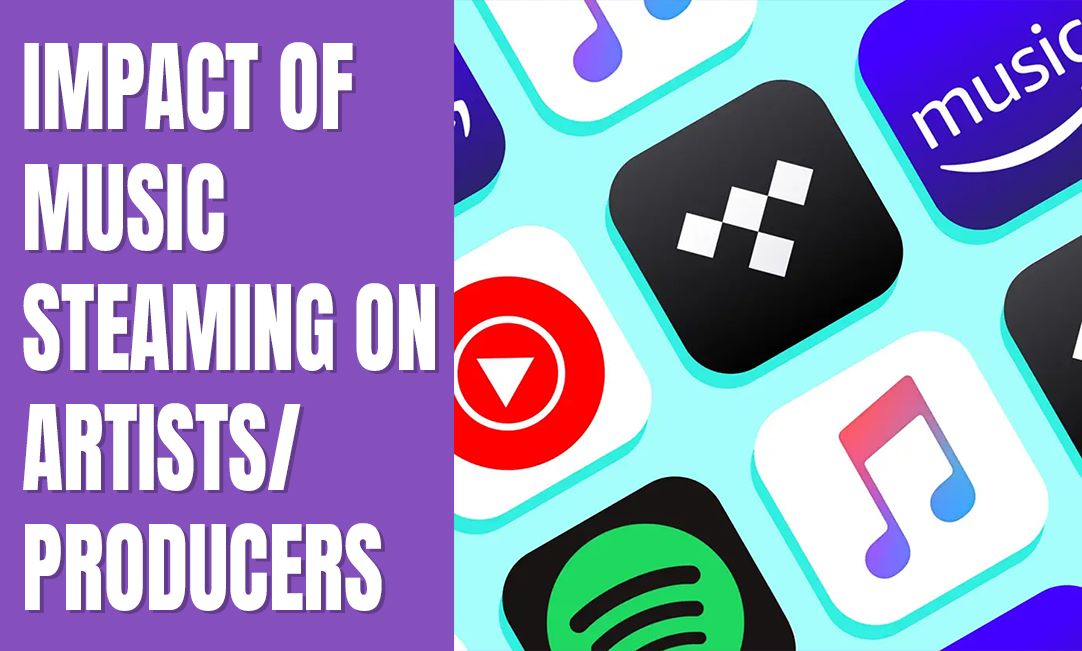Table of Contents
Introduction
In the digital age, where music consumption is predominantly online, the term “YouTube to MP3” converters has gained significant traction. These tools allow users to extract audio from YouTube videos and convert it into MP3 format for offline listening. However, the rise of such converters has sparked debates regarding copyright infringement, ethical considerations, and their impact on the music industry. This essay delves into the evolution, functionality, controversies, and implications of YouTube to MP3 converters, shedding light on their complex role in the contemporary digital landscape.
The Evolution of Online Music Consumption

The advent of online platforms revolutionised the way people access and consume music. YouTube emerged as a prominent player, offering a vast repository of music videos, live performances, and user-generated content. Concurrently, the proliferation of smartphones and high-speed internet facilitated seamless access to music anytime, anywhere. In this digital ecosystem, “YouTube to MP3” converters emerged as a solution for users seeking offline access to their favourite tracks.
Functionality and Operation

“YouTube to MP3” converters operate on a simple premise: they extract the audio stream from a YouTube video and convert it into the universally compatible MP3 format. Users typically paste the URL of the desired video into the converter’s interface, select the audio quality and file format, and initiate the conversion process. Within minutes, they receive a downloadable MP3 file containing the audio content extracted from the video. This streamlined process bypasses the need for a stable internet connection, allowing users to create personalised music libraries without relying on online streaming services.
Controversies and Legal Implications

Despite their convenience, YouTube to MP3 converters have attracted significant controversy, primarily due to copyright concerns. Music labels and artists argue that the unauthorised extraction and distribution of audio from YouTube videos constitute copyright infringement, depriving creators of rightful compensation. Additionally, some converters monetize their services through ads or premium subscriptions, raising questions about the ethicality of profiting from copyrighted content without proper licensing. As a result, legal battles have ensued, with platforms implementing measures to combat unauthorised conversions and uphold intellectual property rights.
Impact on the Music Industry

The proliferation of “YouTube to MP3” converters has undoubtedly disrupted traditional revenue streams within the music industry. With users circumventing paid streaming services in favour of free, ad-supported platforms, artists and labels experience diminished royalties and revenue. Moreover, the abundance of unauthorised uploads on YouTube, coupled with the ease of extraction offered by converters, exacerbates the challenges of piracy and unauthorised distribution. Consequently, stakeholders within the music industry advocate for stricter enforcement of copyright laws and technological measures to mitigate the proliferation of unauthorised conversions.
Ethical Considerations and User Behavior

Beyond legal implications, the usage of “YouTube to MP3” converters raises ethical considerations regarding fair compensation for artists and content creators. While proponents argue that users are entitled to access music they already have legal access to, detractors contend that unauthorised extraction undermines the value of intellectual property and perpetuates a culture of entitlement. Additionally, the convenience offered by converters may inadvertently discourage users from supporting artists through legitimate channels, thereby affecting the sustainability of the music ecosystem in the long run.
Regulatory Responses and Technological Solutions

In response to the challenges posed by YouTube to MP3 converters, regulatory bodies and online platforms have implemented various measures to curb unauthorised extraction and distribution of copyrighted content. This includes stricter enforcement of copyright laws, collaboration with content creators to identify and remove infringing content, and the development of technological solutions to prevent unauthorised conversions. Additionally, some platforms explore alternative revenue models, such as offering ad-free subscriptions or incentivizing direct support for artists through donations or merchandise sales.
Conclusion
In conclusion, “YouTube to MP3” converters represent a double-edged sword in the contemporary digital landscape, offering unparalleled convenience to users while posing significant challenges to copyright enforcement and the music industry’s economic sustainability. As technology continues to evolve and consumer behaviour shifts, it is imperative for stakeholders to engage in constructive dialogue, seeking balanced solutions that uphold the rights of content creators while respecting the evolving dynamics of online music consumption. Only through collaboration, innovation, and ethical considerations can we navigate the complexities of “YouTube to MP3” converters and their impact on the broader music ecosystem.
For More Information Please Visit These Websites Viprow And Vecteezy

